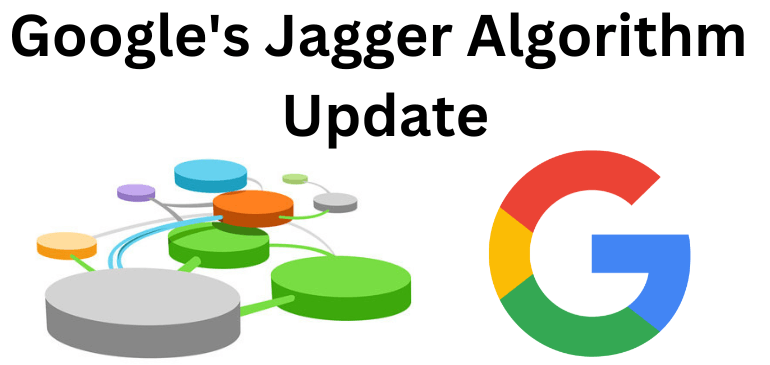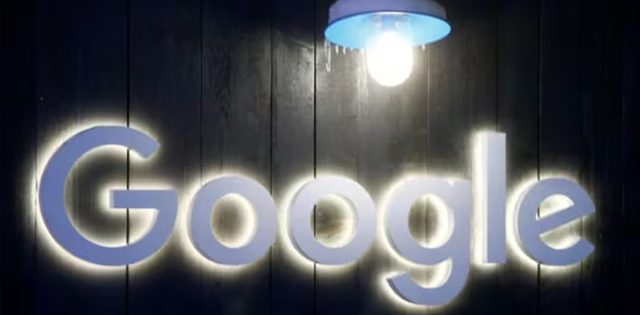
In October 2005, Google rolled out an update to its search algorithm called Jagger. The update was designed to combat link spam, which is the practice of artificially inflating a website's ranking by obtaining links from irrelevant or low-quality websites.
The Jagger update was met with mixed reactions from SEO professionals. Some experts praised the update for its effectiveness in combating link spam, while others argued that it was too aggressive and penalized some legitimate websites.
Overall, the Jagger update was a significant milestone in the history of Google's search algorithm. It was one of the first major updates to specifically target link spam, and it helped to improve the quality of search results.
Google Jagger Update was inspired by Google's desire to improve the quality and relevance of its search results by cracking down on websites that tried to manipulate its algorithm with unnatural link building, duplicate content, and other technical issues. Google wanted to reward websites that provided original, useful, and high-quality content for users, and penalize websites that used spammy or deceptive techniques to boost their rankings.
Google Jagger Update means that SEOs need to focus on creating original, useful, and high-quality content for users, and building natural, relevant, and authoritative links to their websites. SEOs also need to avoid duplicate content, doorway pages, link spam, and other technical issues that can harm their website's performance and reputation. Google Jagger Update also paved the way for future algorithm updates that followed similar principles of link analysis and content quality. SEOs need to keep up with Google's algorithm changes and follow its guidelines for creating helpful content for users.
The impact of Google's Jagger update was catastrophic for many sites and SEOs at that time. Many sites that had ranked at or near the top of the results for a long time, simply disappeared from the results altogether. Also, the quality (relevancy) of the results for a great many searches was reduced.
Websites that were affected by Jagger update typically had one or more of the following issues:
Websites that avoided these issues and followed Google's guidelines for creating helpful content for users were less likely to be affected by Jagger update or even benefited from it.
The SEOs who were working on sites that were hit by Jagger update had to rethink their strategies and tactics. They had to clean up their sites from any web spam techniques and focus on creating high-quality and relevant content. They also had to use natural language and semantic keywords in their content, and build natural and authoritative links.
The sites that benefited from Jagger update were mostly those that provided high-quality, relevant, and original content for their users. These sites also used natural language and conversational tone in their content, and structured their pages with clear headings, subheadings, bullet points, and images.
The SEOs who were working on sites that were unaffected or boosted by Jagger update had to keep up with their best practices and focus on creating user-friendly and engaging content. They also had to optimize their sites for semantic indexing and link analysis.
Google's Jagger update is still relevant for SEOs in 2023 because it marked a major shift in Google's approach to link analysis and content quality. Although Google has made many more algorithm updates since then, such as Penguin, Panda, Hummingbird, RankBrain, BERT, Core Updates, etc., the core principles of Jagger update still apply today. SEOs need to focus on creating original, useful, and high-quality content for users, and building natural, relevant, and authoritative links to their websites. SEOs also need to avoid duplicate content, doorway pages, link spam, and other technical issues that can harm their website's performance and reputation.

It's not every day that a company makes a leap in the SEO world, but when they do, it's a story worth telling. A bustling ....

Recently, Google announced that they are retiring their seven-year-old Web Light webpage transcoding service that....

Google is discontinuing its webpage transcoding service, which was used to speed up sites on sluggish mobile connections.....

Google is constantly innovating and developing new features and services for its users.....

There were three essentials of human life: food, clothing, and shelter, but with the developing world, now one more element has created its own space in the essentials list, i.e., the Internet. ....

Metaverse Technology—Ever heard of it? Yes? Hearing tech CEOs like Satya Nadela and Mark Zuckerberg talk about it ....

Speak with our SEO Company Experts
Give us a Ring, e-Mail, WhatsApp, or Skype.